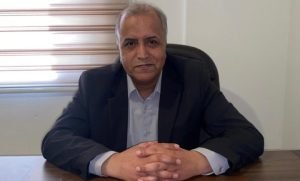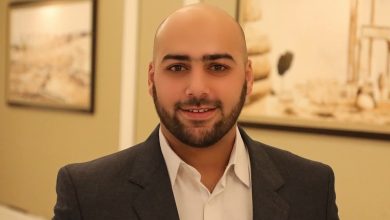

Jordan Daily – Yesterday, three leaders – King Abdullah II, France’s President Emmanuel Macron, and Egypt’s President Abdel Fattah al-Sisi—met in Cairo, hoping to calm the storm in Gaza. Their summit wasn’t loud or flashy; it was a steady effort to stop Israel’s ongoing military aggression, free hostages, and get aid flowing to a place that’s hurting badly. As their meeting wrapped up, though, it’s fair to wonder: Will this quiet work make a difference?
Gaza’s troubles are hard to overstate. After a short ceasefire fell apart last month, Israel’s latest aggression has left the area in tatters—many lives lost, people uprooted, and basic supplies barely getting through. The leaders in Cairo didn’t mince words: they want the fighting to stop now and help to reach those who need it. It’s a simple ask, but one that’s tough to pull off.
They agreed on some key points. The leaders said a two-state solution is the best way forward, pushing back against ideas of moving Palestinians out or taking their land. King Abdullah spoke softly but firmly about the risk of bigger trouble if things don’t settle down. Sisi tied peace to fairness for Palestinians, while Macron, lending a hand from Europe, visited El-Arish, today to shine a light on the aid problem and strengthen ties with Egypt.
A phone call with President Donald Trump added another layer. Trump’s back in charge in the U.S., and his take on Gaza has sometimes been bold—once suggesting Palestinians move to Egypt or Jordan, an idea both countries waved off. This time, he listened as the leaders pressed for calm. It’s not clear what he’ll do next, but the talk suggests he’s at least open to the conversation.
Still, it’s early to call this a win. Until today, the fighting in Gaza hasn’t stopped, and aid isn’t pouring in. The leaders can talk, but getting Israel and Hamas to act is another story. Egypt’s done this kind of mediating before, and Jordan carries weight in the region, but they’ve hit walls in the past. Macron’s involvement helps, though France alone can’t turn the tide without bigger players stepping up.
Trump’s role is a bit of a puzzle. He’s backed Israel strongly before, but he also likes making deals. If he sees a chance to look good, he might nudge Israel toward a pause. If not, this could just be another meeting that fades away. The leaders said they’d keep talking to him, which keeps a small door open.
The gap between their plans and what’s happening in Gaza is real. They dream of a rebuilt Gaza with a stronger Palestinian Authority, backed by Arab support—a contrast to Trump’s earlier ideas. But that’s a long way off when the war’s still on, Hamas holds ground, and Israel isn’t backing down. It’s a lot to ask, and neither side seems ready to yield.
Even so, the summit did some good. It put Jordan and Egypt front and center, gave France a stronger foothold in the region, and kept the two-state idea breathing. The new partnership between Macron and Sisi, with a few agreements signed, sets up more teamwork down the road. And focusing on aid, like Macron did in El-Arish, reminds everyone this isn’t just politics—it’s about people.
For now, the Cairo talks are a modest try in a tough spot—a small step when big ones are needed. Whether it leads to quieter days in Gaza depends on what comes next: if the fighting slows, if Trump leans in, if aid starts moving. Past efforts suggest it’s wise to keep expectations low; this conflict’s roots run deep. But in a mess this big, even a little progress is something to hold onto—better than letting the whole region slip further away.

